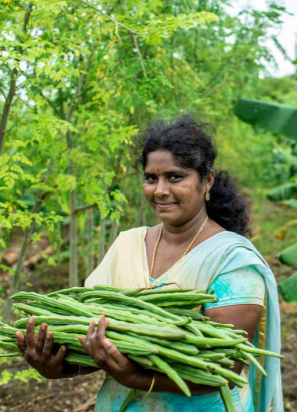There is a remarkable opportunity to transform food and land use systems, but as the challenges are growing, we need to act with great urgency.
The new global report from the Food and Land Use Coalition and the Blended Finance Taskforce proposes a concrete reform agenda centred around ten critical transitions with actionable solutions and examples of where capital is being mobilised to create a more sustainable food and land use economy which is not only economically viable, but is also good for people and planet.
Key messages:
It is not only possible, but also economically attractive, to transform food and land use systems in ways that deliver greater food security, tackle climate change and biodiversity loss, improve human health and strengthen rural communities.
A concrete reform agenda centred around 10 critical transitions could unlock USD4.5 trillion in new business opportunities each year, while saving USD5.7 trillion annually in damage to people and the planet by 2030.
The consequences of failing to act decisively over the coming decade are dire: we risk sleep-walking into an ecological and human disaster, the likelihood of which is increasing every year.
We are at an important inflection point where leaders across the public and private sectors have a powerful opportunity to drive change to how we consume, how we use our land (potentially conserving more than 1.5 billion hectares by 2050), how we manage our oceans, and in how we harness the power of digitisation across the food economy over the coming decade.
Seizing these opportunities is key to delivering the Paris Agreement on climate and the Sustainable Development Goals.

